Road rehabilitation highlights human and wildlife conflict in Hwange area
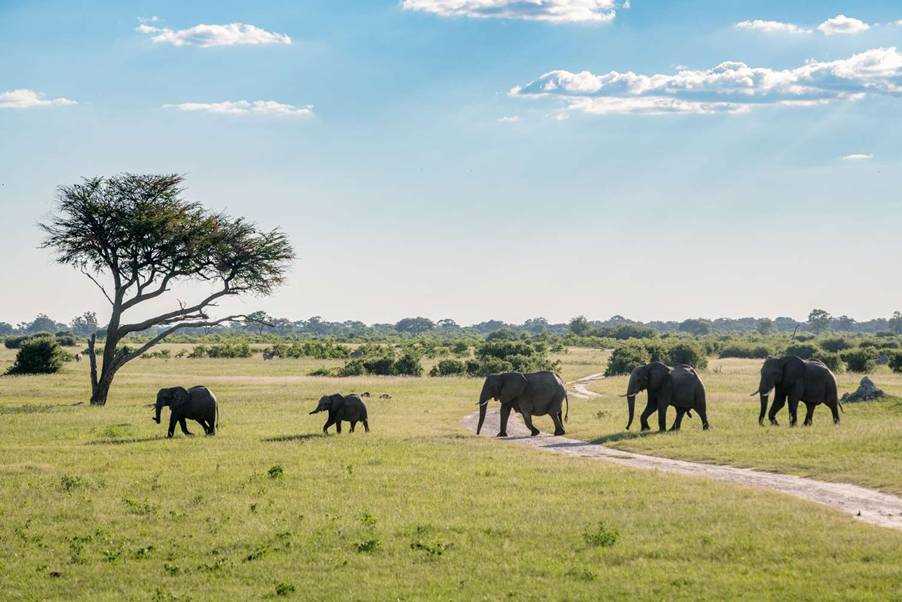
Infrastructure development, a necessity for national progress, is currently on a collision course with conservation and tourism interests in Zimbabwe's Hwange region.
The proposed selection of a detour route, Cross Mabale to Mpotu to Dete to Cross Dete, to facilitate upcoming main road preparation works by Asphalt Products has ignited a firestorm of protest from key stakeholders who fear irreversible damage to the Hwange ecosystem and economy.
The detour, intended to manage commercial traffic during construction, is planned to channel high-volume, heavy vehicles through existing minor district roads. Operators from the tourism sector and conservation groups argue this route is inherently unsuitable due to its ecological sensitivity and the strain it will place on local infrastructure.
Chrysalis Trading t/a Sable Valley, Khulu Bush Camp and Ivory Lodge (Amalinda Safari Collection), a prominent safari operator, articulated its "significant concerns" in a letter to Asphalt Products. CEO Sharon Stead highlighted the 45-kilometre extension to transit and the fact that the route passes directly through the main access point for Hwange National Park (HNP).
"The resulting delays, accelerated road degradation, and negative impact on guest transfers and logistical supply lines will severely compromise our service standards," Stead wrote, adding that this "directly jeopardizes the substantial tourism revenue that supports local conservation and employment efforts."
The safari operator further stressed that the secondary roads are not suited to the anticipated vehicular load, leading to concerns about service disruption, especially for scheduled game drives and operations within the Painted Dogs concession.
The most urgent concern from conservationists is the route's path through critical wildlife pathways and migratory routes. The detour traverses an area identified as a vital wildlife corridor and buffer zone supporting the movement of animals between HNP and surrounding communal lands.
Painted Dog Conservation (PDC) Executive Director Peter Blinston expressed "deep concern" about the threat to wildlife, particularly endangered species.
Related Stories
"The introduction of commercial traffic through this sensitive zone would severely undermine these conservation gains and pose a grave risk to wildlife, particularly species such as the endangered painted dog, elephant, and other large mammals that frequently traverse the area," Blinston stated in his letter.
The non-consultation of key stakeholders, including PDC and other active conservation bodies, prior to the decision has also drawn criticism, with Blinston noting that such a development requires "comprehensive environmental and stakeholder review."
Concerns also extend beyond the park's boundaries and into adjacent communities. Nixon Nyikadzino, representing the Residents against Land Degradation (RALD) Campaign, voiced alarm that the detour will encroach into the natural habitat of wild animals, potentially forcing them to migrate.
"This will inevitably force them to move into human settlements in search of food and exacerbate the conflict between humans and animals," Nyikadzino argued, predicting an increase in the "loss of lives due to these conflicts," in addition to environmental damage to biodiversity.
RALD strongly urged authorities and companies involved to "reconsider other detours outside the national parks."
The Amalinda Safari Collection proposed an "urgent discussion to explore the immediate adoption of the existing commercial route as the preferred alternative," which they believe would effectively bypass the sensitive wildlife areas.
PDC issued a formal request for:
· Immediate suspension of all current works preparing the route for commercial traffic, pending a consultation and environmental assessment.
· Exploration and prioritisation of viable alternative routes outside the wildlife buffer zone.
· Inclusion of PDC and other relevant conservation stakeholders in any future consultations.
The Zimbabwe Parks and Wildlife Management Authority spokesperson, Tinashe Farawo, did not respond to inquiries from this publication regarding whether the authority had been consulted about the developments.










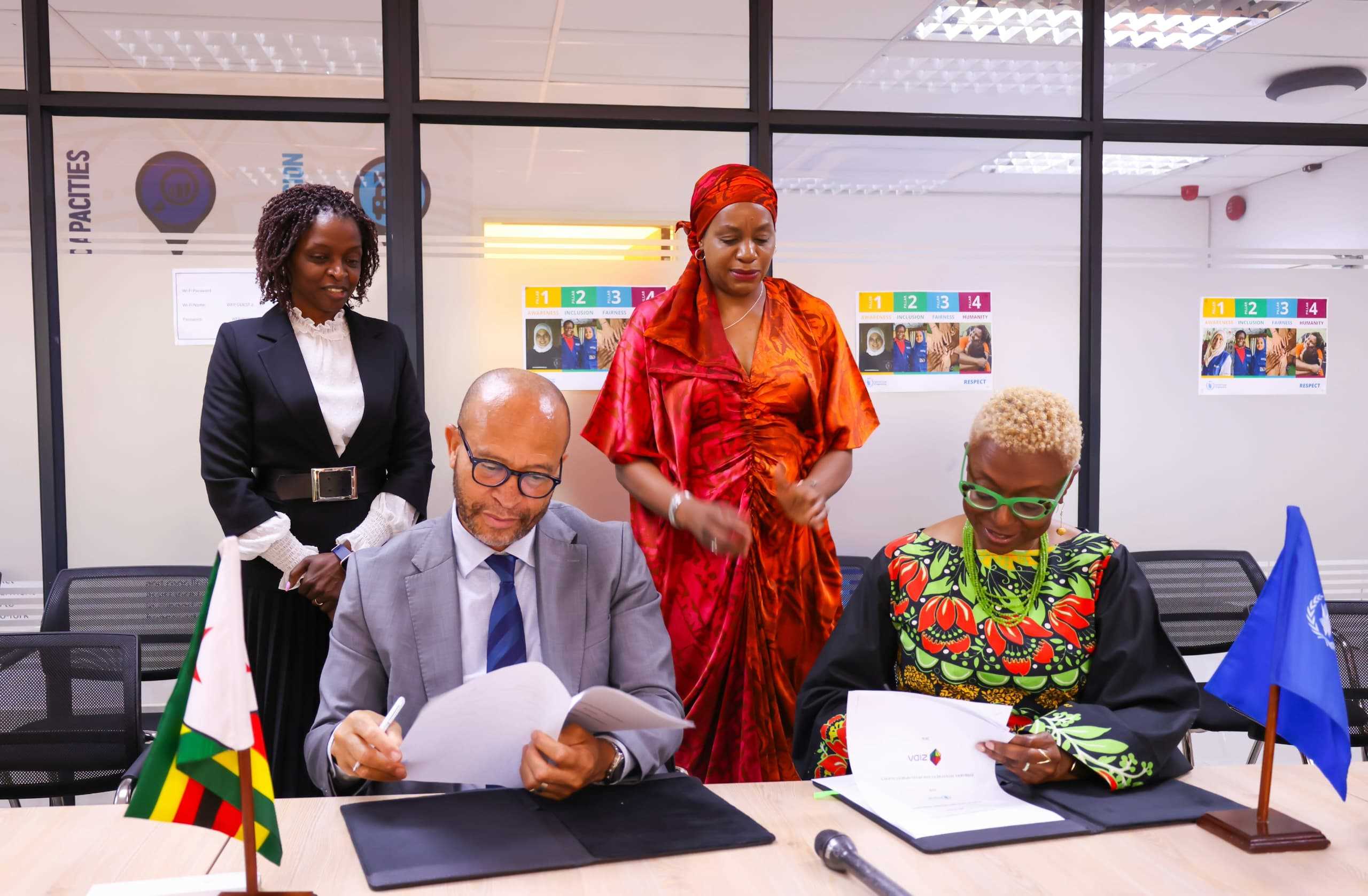
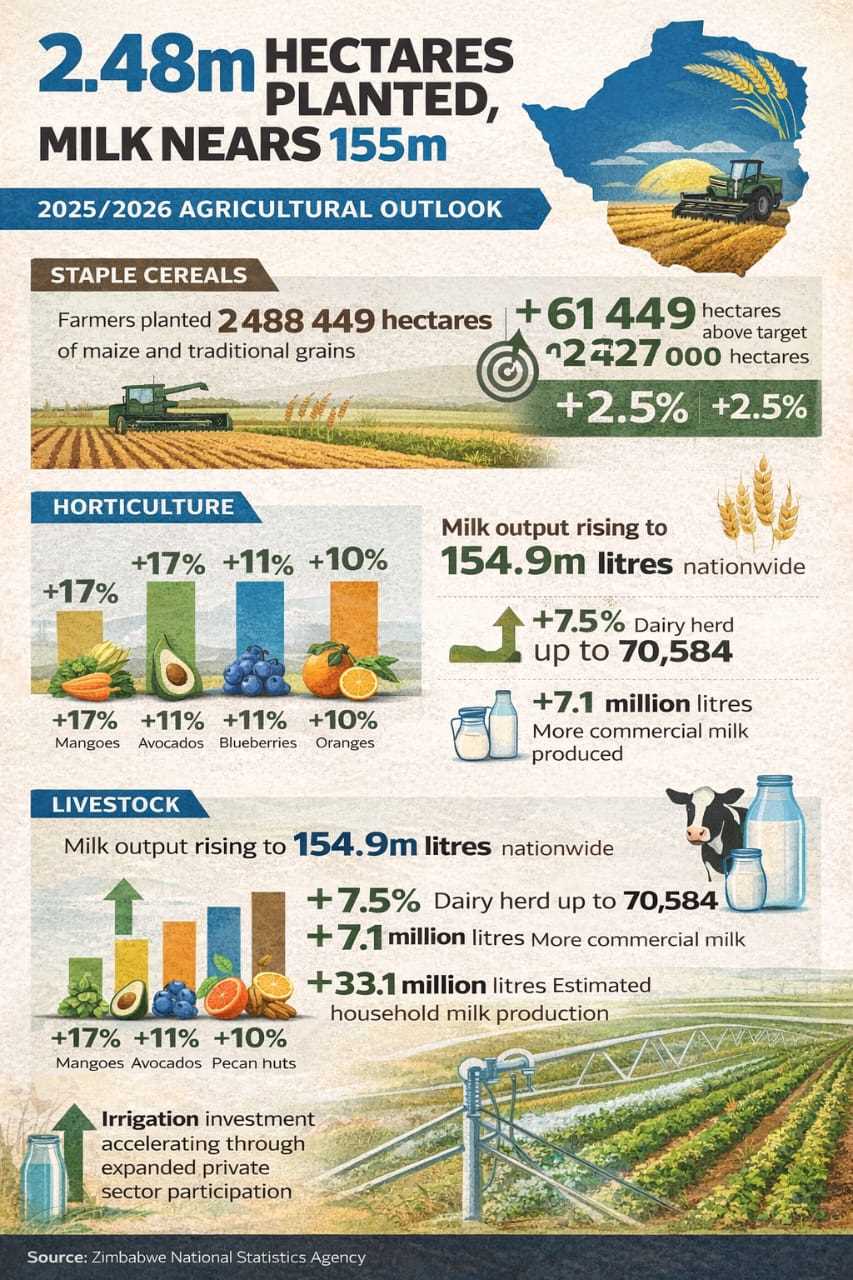
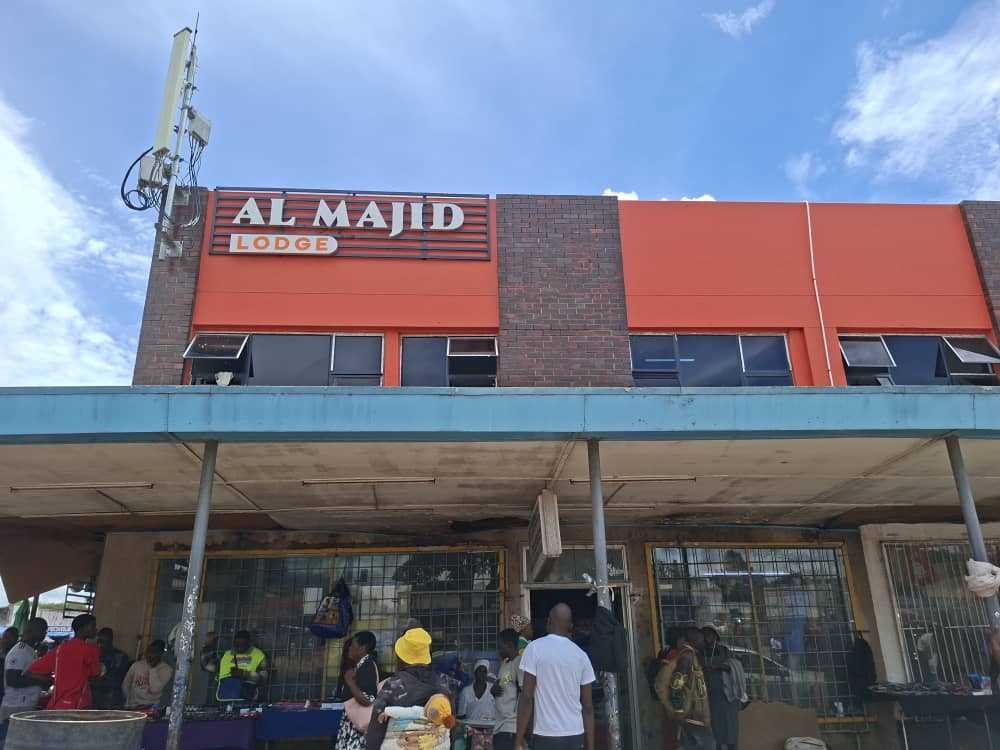



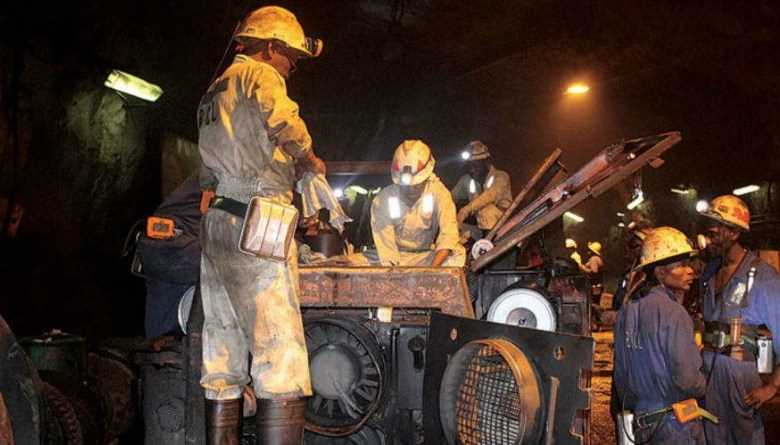



Leave Comments